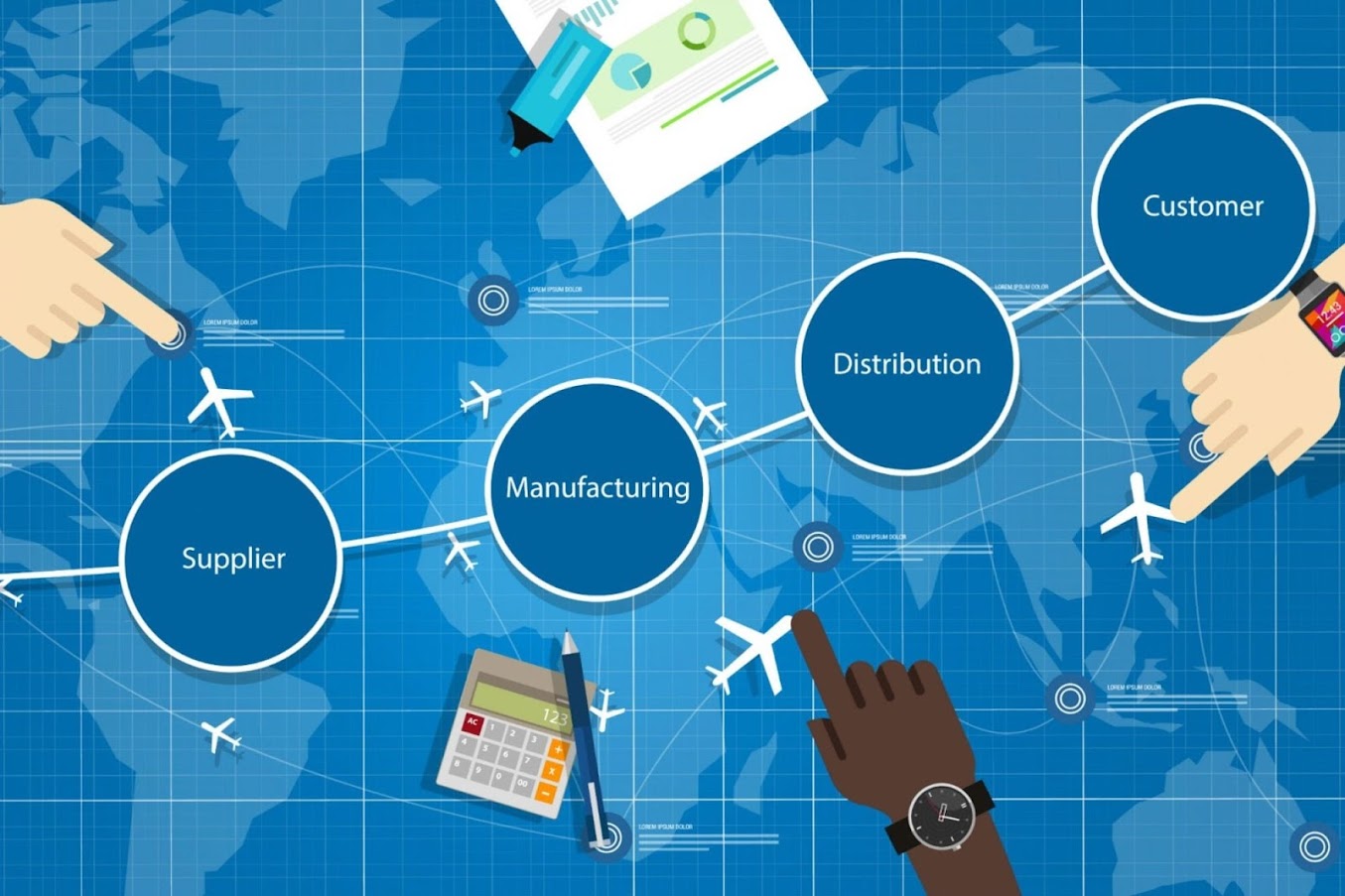In today’s fast-paced business world, it is essential that companies stay ahead of the competition. One way to do so is by implementing an Enterprise Resource Planning (ERP) system. ERP software helps businesses to streamline their processes, manage resources more effectively, and make better decisions based on real-time data. In this article, we will explore why ERP systems are so important for businesses and how they can be used effectively.
What is ERP Software?
ERP software is a type of business management software that integrates all aspects of a company’s operations into one central system. This includes finance, accounting, human resources, supply chain management, inventory management, and customer relationship management. By integrating all these functions into one system, ERP software provides businesses with a comprehensive view of their operations, allowing them to make better decisions and operate more efficiently.
How to Use ERP Software
Implementing an ERP system can be a complex process. It involves analyzing existing business processes, selecting the right ERP software, configuring the system to meet the needs of the organization, and training employees on how to use the new system. Here are some steps to help guide you through the process:
- Conduct a thorough analysis of your existing business processes to identify areas for improvement.
- Research ERP software options to find the best fit for your organization.
- Choose an implementation partner who has experience working with your chosen ERP software and understands your business needs.
- Configure the system to meet your organization’s requirements.
- Train employees on how to use the new system.
- Continuously evaluate and improve your ERP system to ensure it remains effective and meets the changing needs of your organization.
Examples of ERP Systems
There are many ERP software options available on the market today. Some popular examples include:
SAP
SAP is a German multinational software corporation that provides ERP software solutions for businesses of all sizes. Their software is used by over 400,000 customers in over 180 countries.
Oracle
Oracle is an American multinational computer technology corporation that provides ERP software solutions for businesses of all sizes. Their software is used by over 430,000 customers in over 175 countries.
Microsoft Dynamics
Microsoft Dynamics is a line of ERP and CRM software applications developed by Microsoft. It is designed to help businesses manage financials, operations, and customer relationships.
Comparing ERP Systems
When selecting an ERP system, it’s important to compare different options to find the best fit for your organization. Here are some factors to consider when comparing ERP systems:
- Cost: ERP systems can be expensive to implement and maintain, so it’s important to consider the total cost of ownership when making a decision.
- Functionality: Different ERP systems offer different functionalities. Be sure to identify the key features and functions your organization needs before selecting a system.
- Ease of use: The usability of an ERP system is important to ensure that employees can easily navigate the system and perform their tasks efficiently.
- Scalability: As your business grows, your ERP system needs to be able to scale with you. It’s important to select a system that can accommodate future growth and changing business needs.
Advantages of Using ERP Software
Implementing an ERP system can provide many benefits for businesses. Here are just a few advantages of using ERP software:
- Improved visibility into business operations: By integrating all aspects of a company’s operations into one system, ERP software provides businesses with a comprehensive view of their operations, allowing them to make better decisions and operate more efficiently.
- Streamlined processes: ERP software can help streamline business processes, reducing the time and resources required to complete tasks.
- Increased productivity: By automating many of the manual processes involved in running a business, ERP software can help increase productivity and reduce errors.
- Better data management: ERP software provides businesses with real-time data, enabling them to make decisions based on accurate and up-to-date information.
- Improved customer satisfaction: ERP software can help businesses provide better customer service by providing employees with the information they need to respond to customer inquiries and requests quickly.
Conclusion
In today’s competitive business environment, implementing an ERP system can give businesses a significant advantage. By providing a comprehensive view of operations, streamlining processes, and improving data management, ERP software can help businesses operate more efficiently and make better decisions. When selecting an ERP system, it’s important to evaluate different options and choose a system that meets your organization’s needs. With the right ERP system in place, businesses can achieve their goals and stay ahead of the competition.



